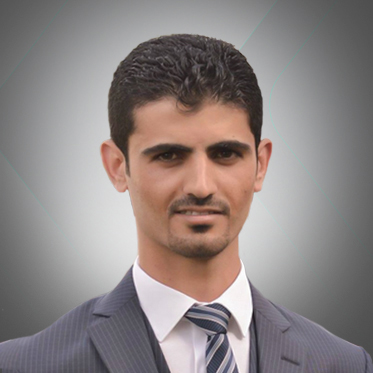Finland increases military support to Kurdistan
.jpg)
ERBIL, Kurdistan Region (Kurdistan24) – Finland recently revealed it would increase its military advisers training the Kurdistan Region Peshmerga forces to 100.
Brigadier General Hazhar Omer, the Director of Coordination and Relations for the Ministry of Peshmerga Affairs at the Kurdistan Regional Government (KRG), spoke to Kurdistan24 about Finland’s decision.
Omer said Finland is planning to double its advisers in the Region, sending 50 more to train the Kurdish forces.
A Peshmerga delegation, headed by Acting Minister of Peshmerga and Peshmerga Commanders, invited by the Finnish government and parliament, arrived in Finland on Sep. 13 for a three-day visit.
General Omer, who accompanied the KRG Peshmerga delegation, said it had been one year since the first 50 Finnish advisers arrived in Kurdistan.
The arrival was part of the Kurdistan Training Coordination Center (KTCC) where seven member states of the coalition against the Islamic State (IS) including Finland train Peshmerga forces.
The Peshmerga delegation met with Finnish officials including the Ministers of Interior, Defense, and Foreign Affairs to discuss further military assistance for Peshmerga.
Omer added the KRG delegation requested the Finnish government to play a bigger role in helping the KRG deal with an influx of Internally Displaced Persons (IDPs).
Kurdistan is expected to receive nearly 500,000 IDPs who will flee Mosul once the military operation against IS begins.
In the meetings with the Finnish officials, the KRG delegation asked the military advisers to continue to help the KRG with the management of Peshmerga forces’ affairs even after the defeat of IS.
This is the second time a KRG delegation had visited Finland. The last visit in 2014 led to 50 advisers being sent to the Kurdistan Region, and this time, another 50 were sent.
Editing by Karzan Sulaivany
(Adil Qeradaxi contributed to this report)
